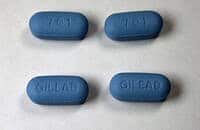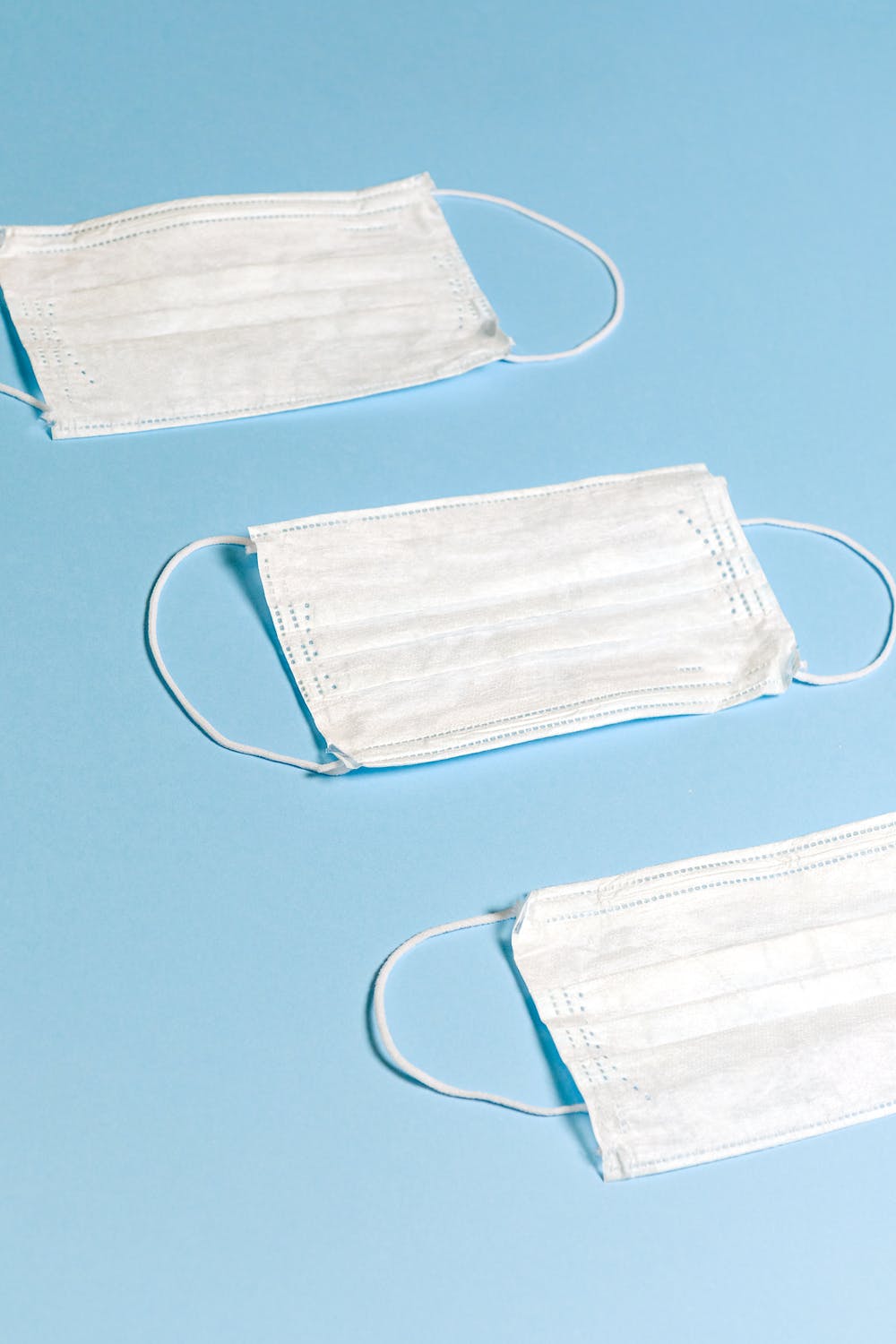Addiction, Author Interviews, Cleveland Clinic, COVID -19 Coronavirus, Mental Health Research / 16.09.2020
COVID-19 Risk Increased in Individuals with Substance Use Disorders
MedicalResearch.com Interview with:
Rong Xu PhD
Center for Artificial Intelligence in Drug Discovery, School of Medicine
Case Western Reserve University
Cleveland, OH
MedicalResearch.com: What is the background for this study? What are the main findings?
Response: Chronic use of tobacco, alcohol and other drugs is associated with cardiovascular, pulmonary, and metabolic diseases, all of which are also risk factors for COVID-19 infection and for worse outcomes. Additionally, individuals with substance use disorders are more likely to experience social adversity such as homelessness, decreased access to health care, housing insecurity among others. Based on these, we hypothesis or predict that individuals with SUD are especially vulnerable for COVID-19 infection and adverse outcomes.
In our study, we found that individuals with substance use disorders, especially individuals with OUD and African Americans with SUD, as having increased risk for COVID-19 and its adverse outcomes (more…)



























